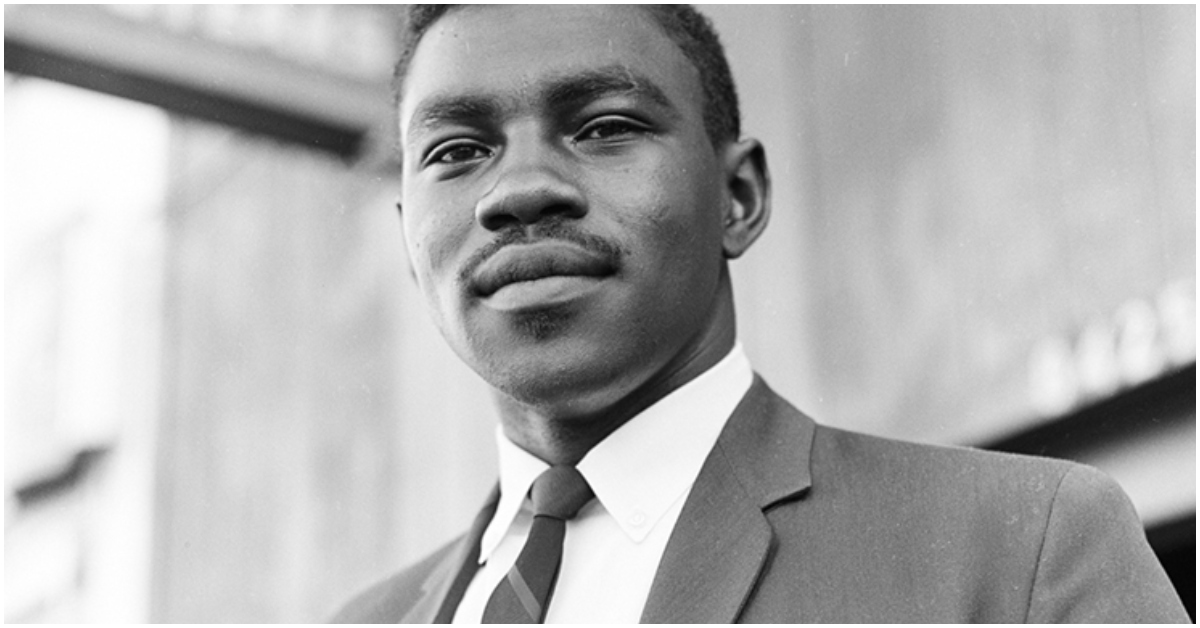A Trailblazer in Photojournalism
Kenneth P. Green Sr. got his name in the history books as the first African American staff photographer for the Oakland Tribune, a role he held from 1968 until his untimely demise in 1982 at the age of 40.
His journey began in San Francisco, where he graduated from Balboa High School in 1958 before pursuing a photography degree from Laney College.
“He was hired on as staff photographer — social photographer — he covered all social events — whatever story editors needed to put in the paper.” – Kenneth P. Green Jr., Green Sr.’s son
Capturing the “Black Aesthetic”
Green Sr.’s work extended far beyond the realm of traditional photojournalism. With his camera, he sought to document and preserve the “Black Aesthetic” of the 1960s and ’70s, capturing the beauty, style, and everyday lives of Bay Area Black women – a perspective often overlooked by mainstream media at the time.
“I can definitely tell that my dad wanted to leave a record that white America wasn’t focused on documenting Black women in the ’60s and ’70s,” Green Jr. says. “But he made sure that he documented them at their best so that we could have a real record of what a Black woman and the aesthetic looks like.”
A Legacy Rediscovered
After Green Sr.’s untimely passing, his son, Kenneth P. Green Jr., inherited an invaluable archive of over 80,000 negatives, documenting the rich tapestry of Oakland’s African American community during a pivotal era. For years, these photographs remained untouched, as Green Jr. grappled with the grief of losing his father.
It wasn’t until 2012 that Green Jr. began to explore and curate his father’s work, culminating in the “Toward a Black Aesthetic” exhibition at San Francisco’s Main Public Library.
This groundbreaking showcase, running through April 21, unveils Green Sr.’s mostly unseen images, capturing the beauty and resilience of Bay Area Black women during a time of social upheaval.
A Lasting Impact
Green Sr.’s photographs have not only preserved a crucial chapter in Bay Area history but have also become a source of inspiration for future generations.
Shawna Sherman, manager of the library’s African American Center, notes the significance of Green Sr.’s work, stating, “You could tell that Kenneth Green Sr. really loved the Black community in these photos.”
As Green Jr. continues to share his father’s legacy, he believes his father would “be speechless” and “shocked and in awe of celebrating the life work of Ken Green.”





